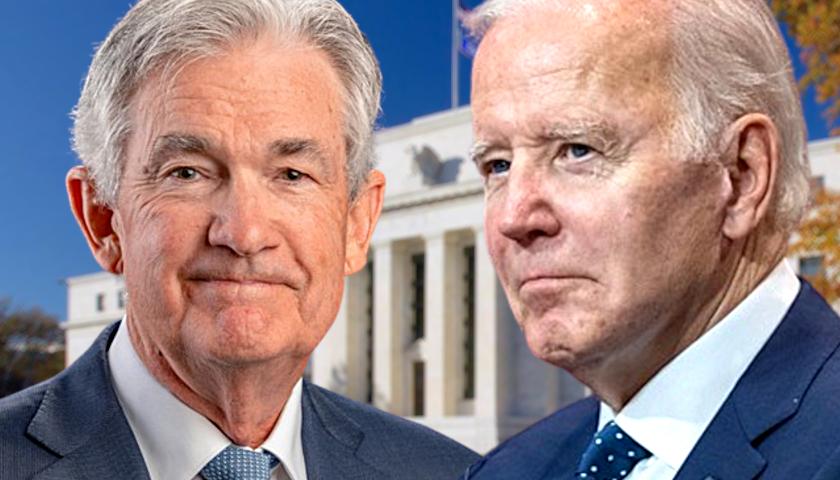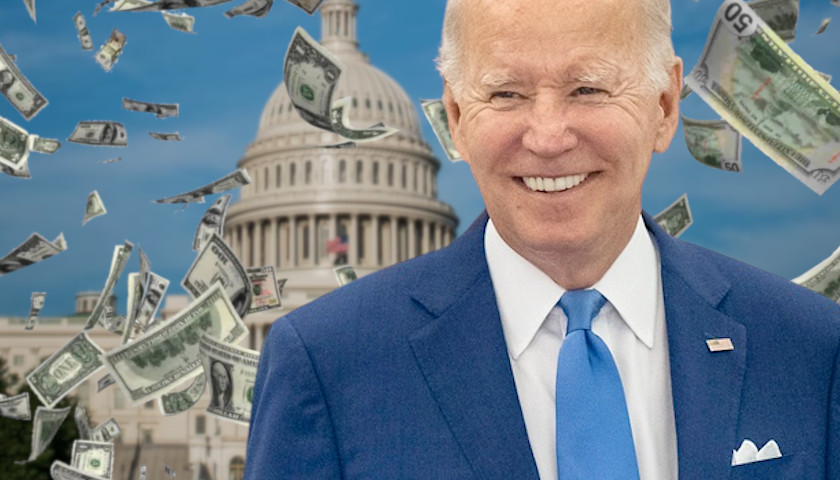The U.S. economy grew less than previously thought in the first quarter of 2024 amid a slowdown in consumer spending, the Bureau of Economic Analysis (BEA) announced Thursday.
Gross domestic product (GDP) was revised down in the first quarter from 1.6 percent to 1.3 percent year-over-year in a sign that the economy is not as strong as initial estimates indicated, according to a release from the BEA. Economists originally expected growth in the first quarter to be around 2.2 percent, more in line with the above trend growth seen in the third and fourth quarters of 2023, which were 4.9 percent and 3.4 percent, respectively.
Read More



